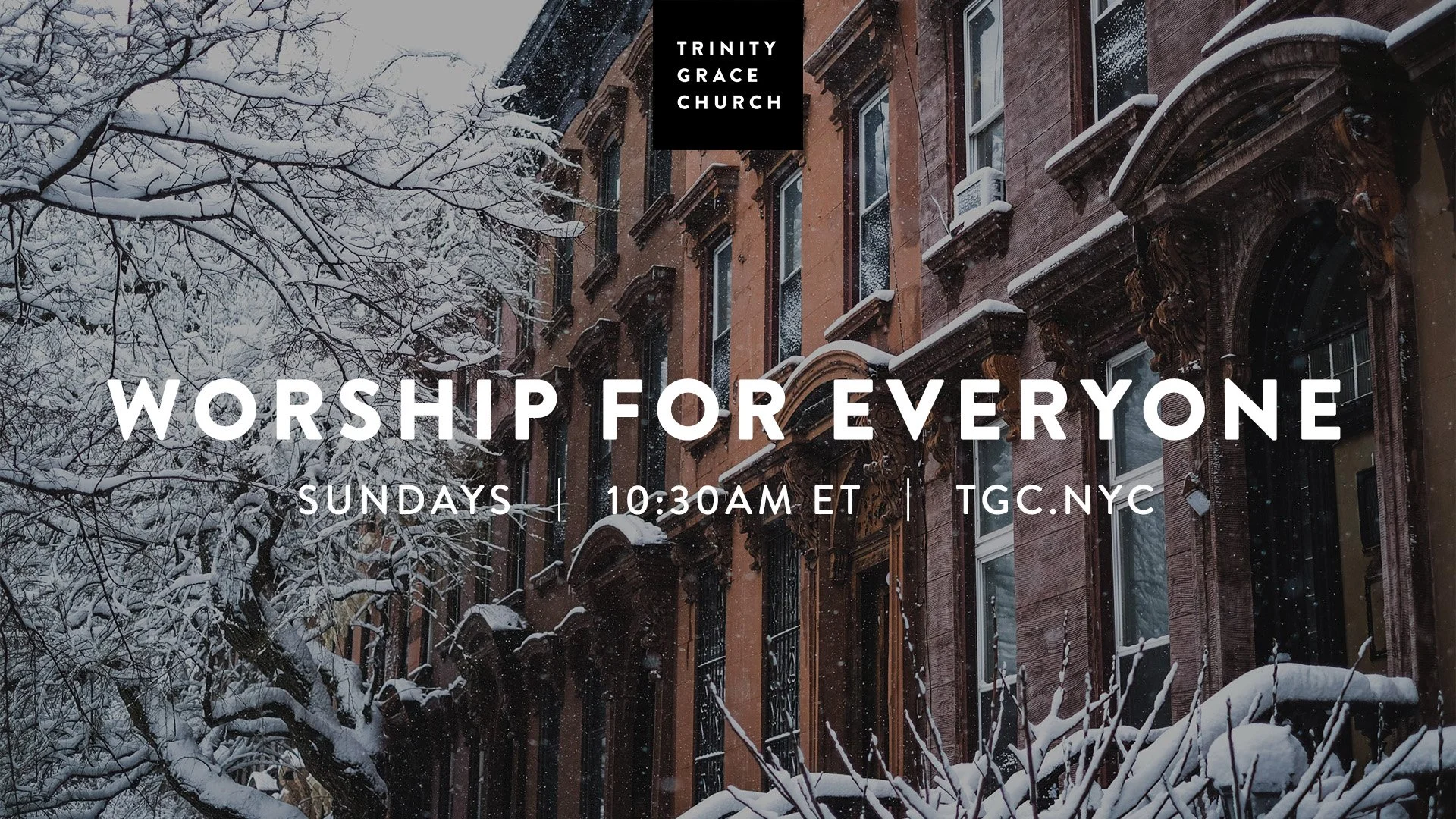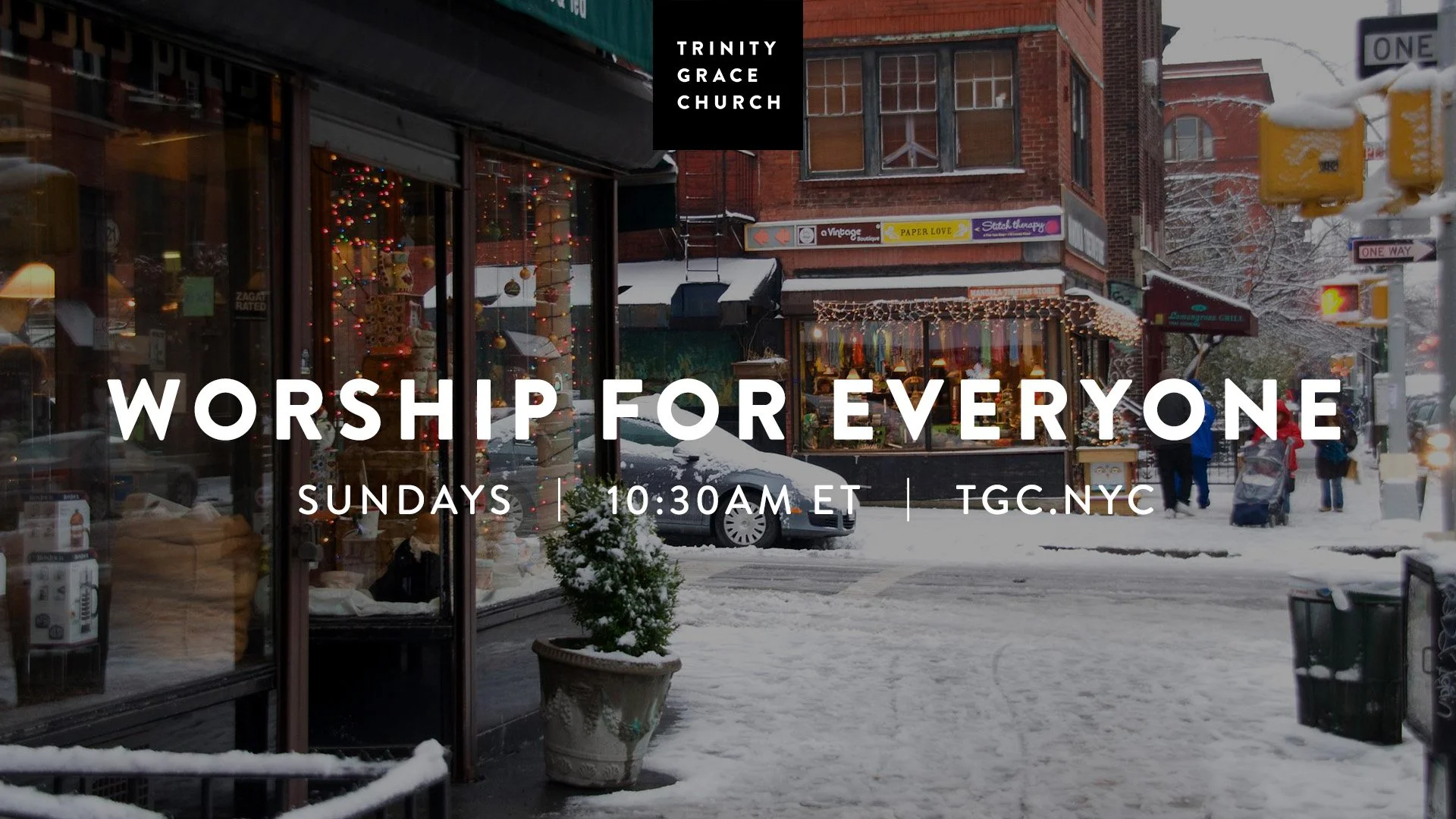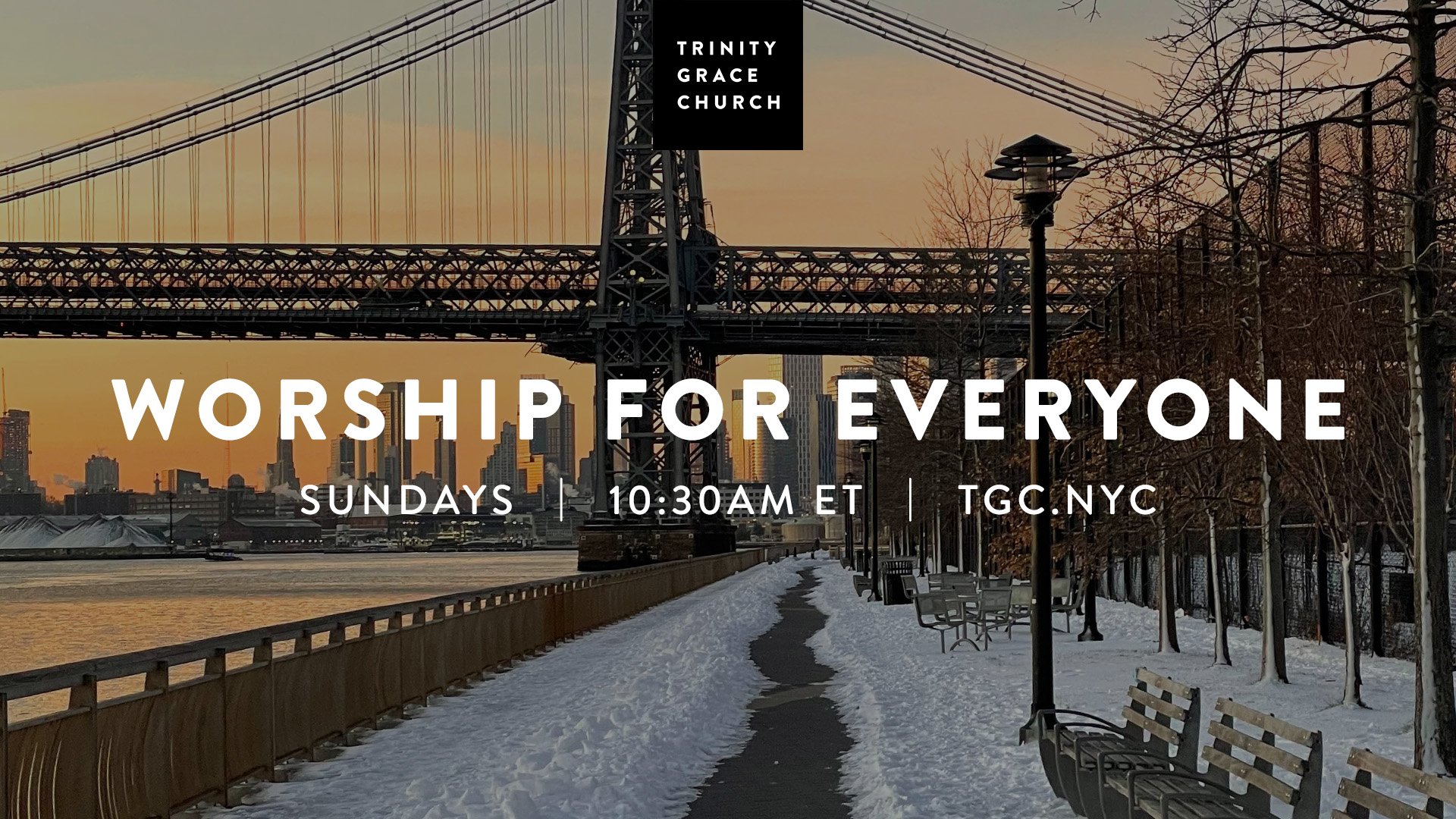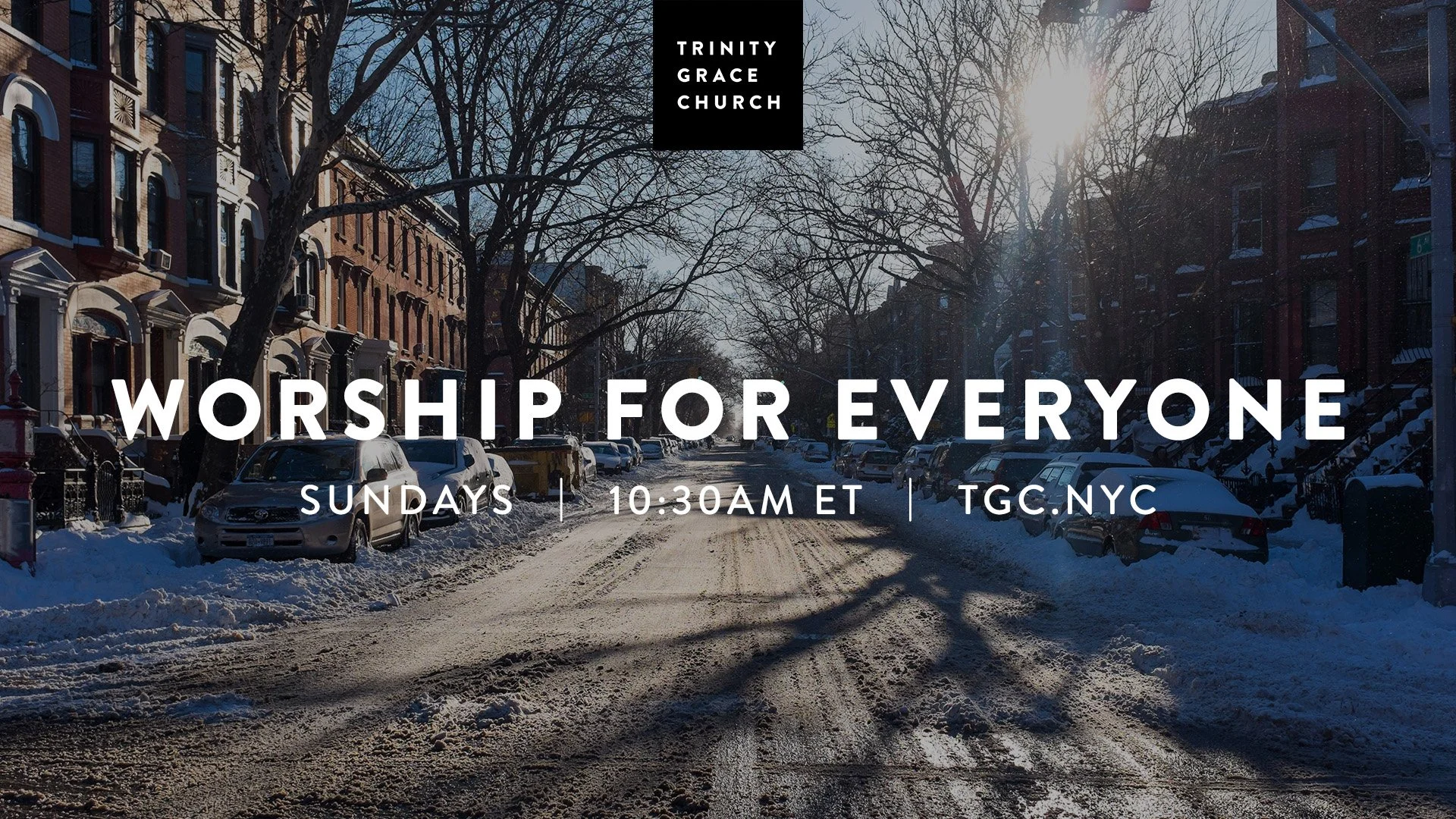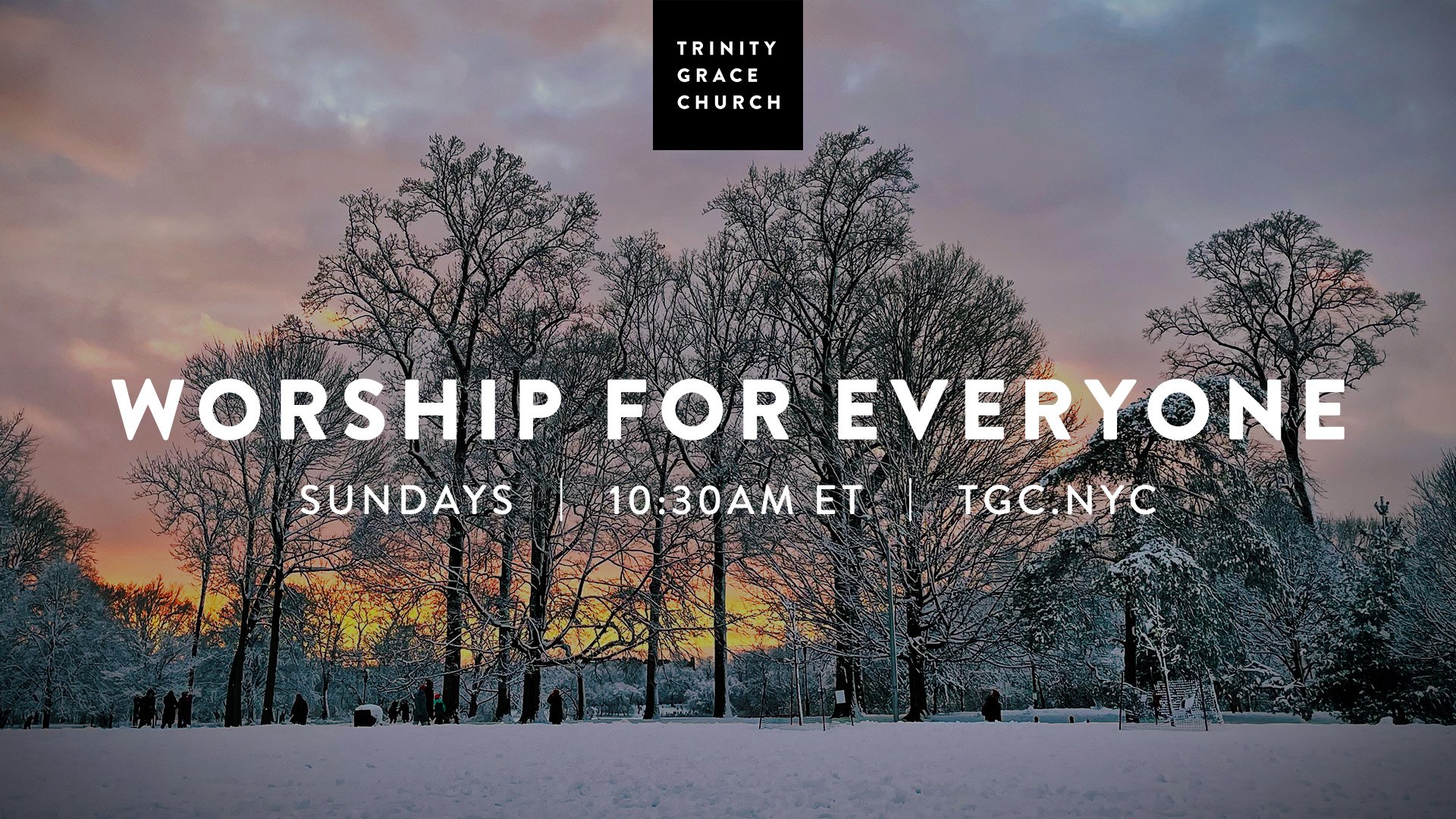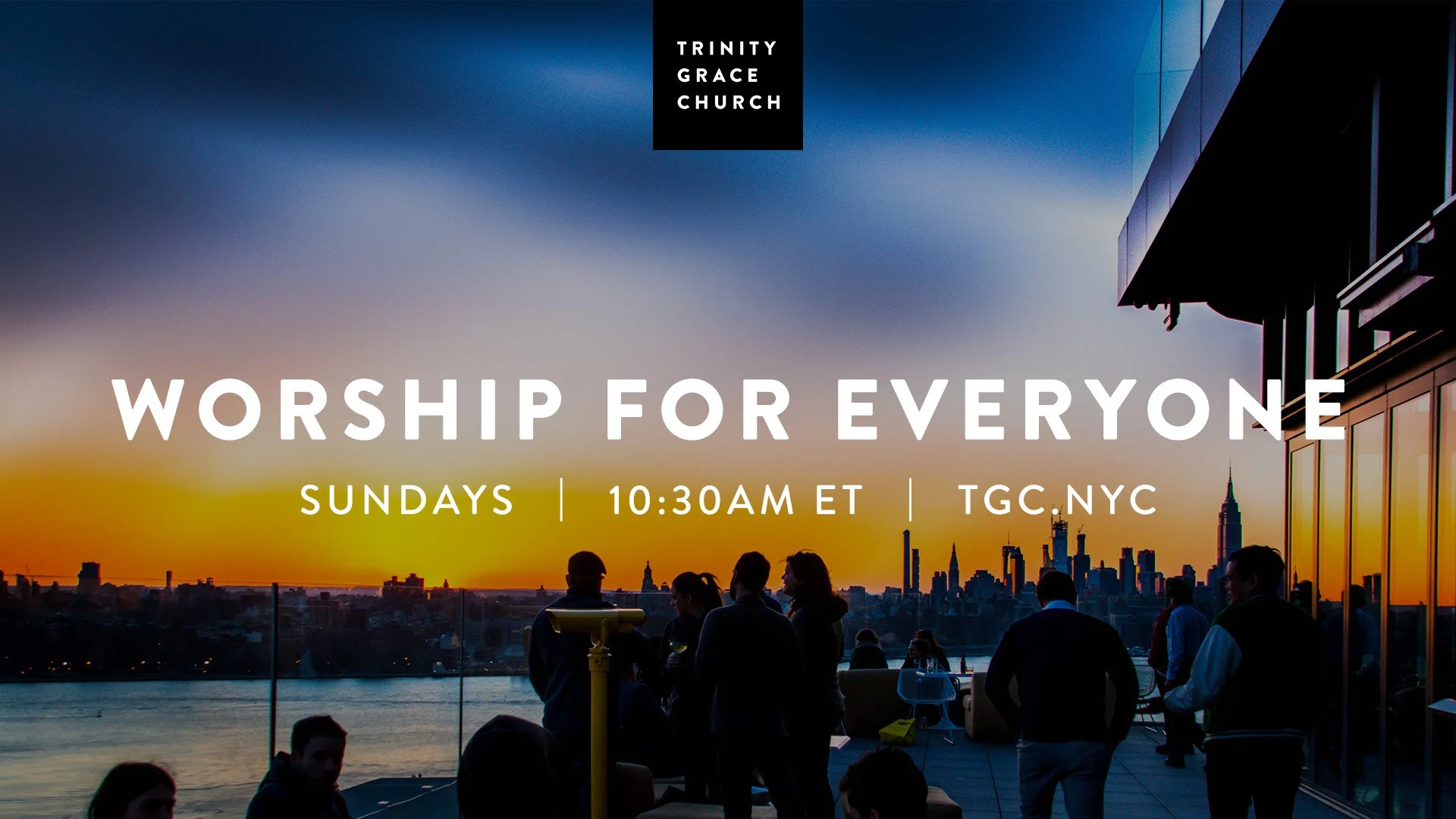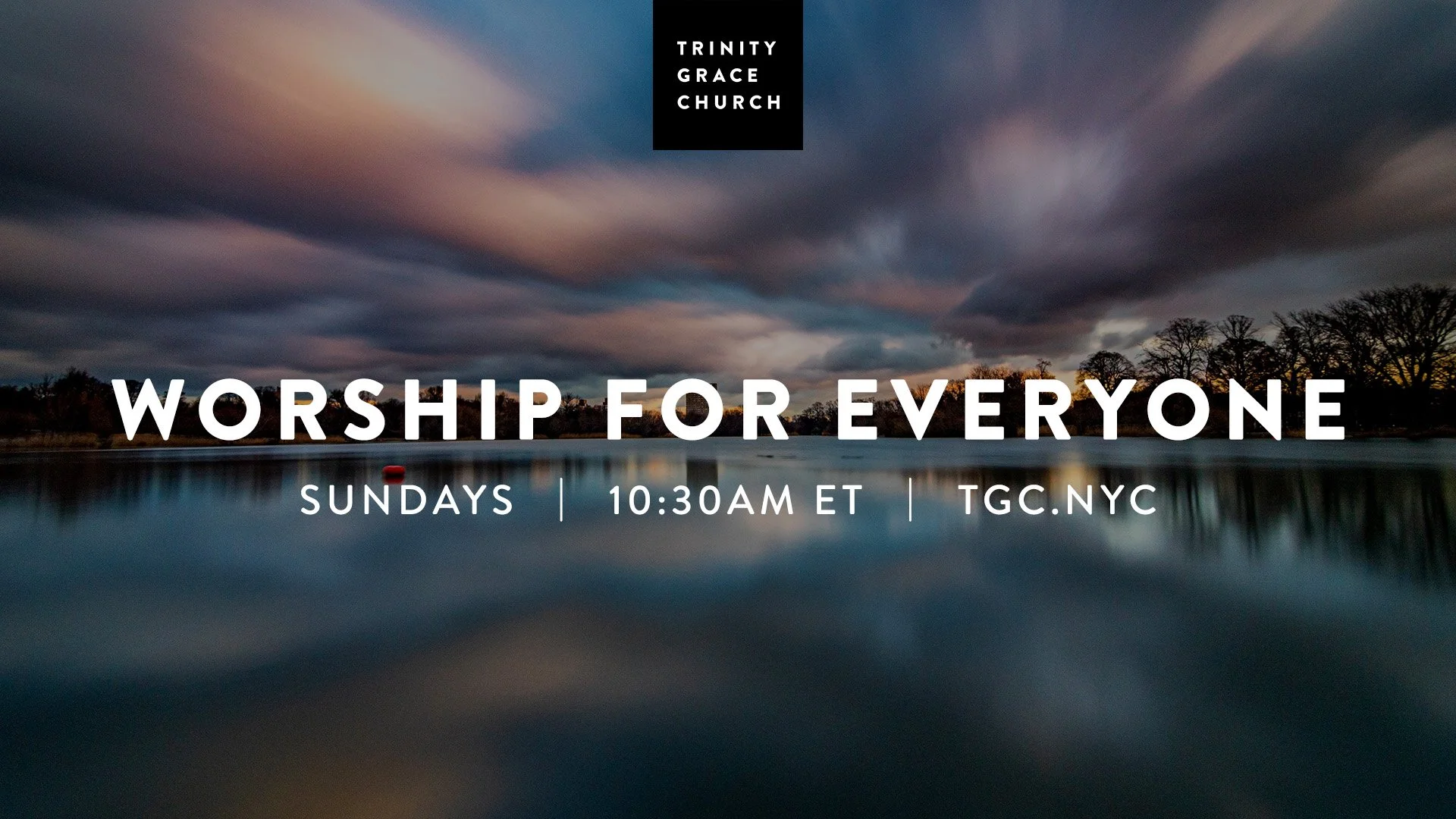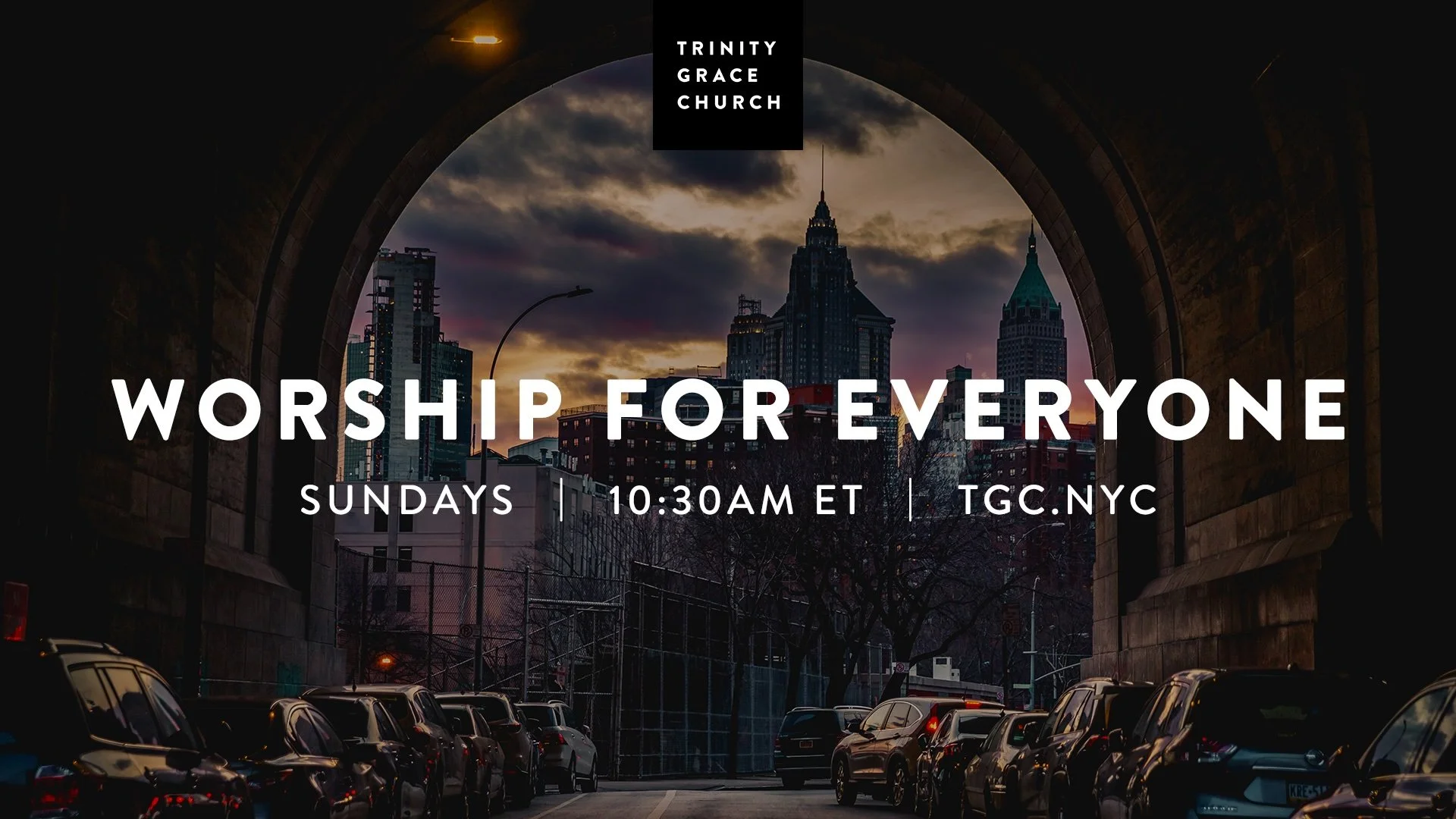About This Guide
The online groups guide is designed as a teaching series companion to foster discussion, study, and prayer, especially in a group setting.
Join a weekly group for a meaningful way to connect to our community.
pdf download
Download this PDF to help you make a plan to follow Jesus in your everyday life, including diagnostic questions to help get you started.
Pickup a print version at our weekly in-person Sunday gatherings.
more Resources
Explore a curated online collection of recommended practices and resources to pursue presence, formation, and love in your life.
Questions about the series or looking for a way to get involved? Contact us.
Love
Teaching Text: John 1:19-34
Now this was John’s testimony when the Jewish leaders in Jerusalem sent priests and Levites to ask him who he was. He did not fail to confess, but confessed freely, “I am not the Messiah.”
They asked him, “Then who are you? Are you Elijah?”
He said, “I am not.”
“Are you the Prophet?”
He answered, “No.”
Finally they said, “Who are you? Give us an answer to take back to those who sent us. What do you say about yourself?”
John replied in the words of Isaiah the prophet, “I am the voice of one calling in the wilderness, ‘Make straight the way for the Lord.’”
Now the Pharisees who had been sent questioned him, “Why then do you baptize if you are not the Messiah, nor Elijah, nor the Prophet?”
“I baptize with water,” John replied, “but among you stands one you do not know. He is the one who comes after me, the straps of whose sandals I am not worthy to untie.”
This all happened at Bethany on the other side of the Jordan, where John was baptizing.
The next day John saw Jesus coming toward him and said, “Look, the Lamb of God, who takes away the sin of the world! This is the one I meant when I said, ‘A man who comes after me has surpassed me because he was before me.’ I myself did not know him, but the reason I came baptizing with water was that he might be revealed to Israel.”
Then John gave this testimony: “I saw the Spirit come down from heaven as a dove and remain on him. And I myself did not know him, but the one who sent me to baptize with water told me, ‘The man on whom you see the Spirit come down and remain is the one who will baptize with the Holy Spirit.’ I have seen and I testify that this is God’s Chosen One.”
Themes
Consider these themes and ask your group what else they see in the passage:
By Your Life We See Light
Baptizing with the Spirit
Formation
Thoughts and notes you can use for discussion:
There is light in Epiphany, even if it’s still dark pretty early.
There are powerful reasons for hope.
Sometimes we can read the Bible like a nice clean devotional book, and treat the Gospels like everyone was just curious religious thinkers walking in small groups in robes and debating ideas.
But - There were powerful and dark political forces at work. Jesus wasn’t executed because He carried lambs around and said love your enemies.
Leaders thought He was a threat.
And so they come looking for John because he was drawing crowds.
John keeps pointing away from himself and playing his part in the redemption story.
The Words of the Prophet
The Work of the Lamb
The baptism of the Spirit
The Words of the Prophet
John does use a quote from the prophet Isaiah to describe what He is up to…
“I am the voice of one calling in the wilderness, ‘Make straight the way for the Lord.’ "
Isaiah 40 in fact where the quote comes from is about Yahweh coming to His people and a highway being made for Him. John is applying that to Jesus.
The Work of the Lamb
The next day John saw Jesus coming toward him and said, “Look, the Lamb of God, who takes away the sin of the world! This is the one I meant when I said, ‘A man who comes after me has surpassed me because he was before me.’ I myself did not know him, but the reason I came baptizing with water was that he might be revealed to Israel.”
Then John gave this testimony: “I saw the Spirit come down from heaven as a dove and remain on him. And I myself did not know him, but the one who sent me to baptize with water told me, ‘The man on whom you see the Spirit come down and remain is the one who will baptize with the Holy Spirit.’ I have seen and I testify that this is God’s Chosen One.”
– John 1:29–34
Jesus is….
The Lamb of God who takes away the sin of the world
&
The One who baptizes us with the Holy Spirit
The Lamb of God takes away the sin of the world, sets us free by dying without any sin of His own from the law written into the universe of sin and death.
Do you realize that? The Law of Sin and Death is as real as gravity and it not an arbitrary thing that God set up to keep people really moral and threaten them with death if they didn’t behave.
God is the source of life. God is life.
If you part ways with God (which is what sin is) You part ways with life and death comes into the story.
In big and small ways.
Death of trust, death of love, death of peace, death of relationships.
NT Wright’s comment this is helpful …
“The death of Jesus takes place, in this gospel, on the afternoon when the Passover lambs were being killed in the Temple. Jesus is the true Passover lamb. John, like many New Testament writers but in his own particular way, wants us to understand the events concerning Jesus as a new, and better, Exodus story. Just as God brought the children of Israel out of Egypt, so God was now bringing a new people out of an even older and darker slavery.”
Maybe you are like “How can this old tribal barbaric violent way of thinking still be relevant our modern world?”
Friends, sin is still bringing about death. God gave His people a visceral costly picture to work with. So they could grasp what sin does to a person and community….
But every time forgiveness is given, someone has to absorb the cost of the wrong done.
Christ is saving and healing the world because He took that cost on Himself.
If you want a commentary on this read Hebrews 9 and 10 but I’ll give you this one highlight…
“How much more, then, will the blood of Christ, who through the eternal Spirit offered himself unblemished to God, cleanse our consciences from acts that lead to death, so that we may serve the living God!”
Hebrews 9:14
The Lamb who is slain sets us free
And the Spirit poured out – the Spirit we are baptized with makes us alive
The Cross in our forgiveness, the Spirit brings our realization of it.
The Cross sets us free, the Spirit helps us walk in freedom.
The Cross in our mercy that changes our view of God and the world, the Spirit helps us walk in humility and courage.
Be free and be baptized by the Spirit.
Whatever life we can muster on our own, it is nothing compared to life Christ is offering.
It is a life of freedom - where nothing ensures you
It is a life of union, of friendship, of fullness …
There’s a million ways I want the world to be different. Christ brings this new creation to our lives and says ‘You be different.” Here is forgiveness and my Spirit. Now show up in the world in a new way.













